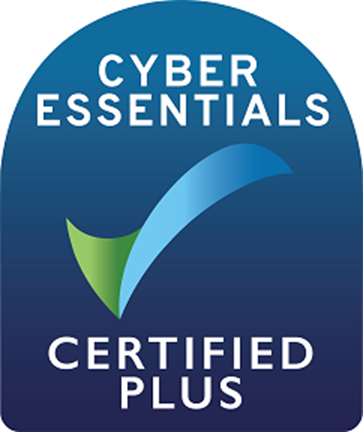Is Holding Clients' Money for Payroll a Risk for Your Business?
If you run payroll on behalf of your client then it is odds on that you have been asked to make payments on their behalf. Many firms refuse but others will hold client cash and then process the payments through BACS or by using their bank account. But holding client cash presents risk both for the firm and for the client so what can you do to reduce that risk?
In this post:
- Why clients like you to make the payments
- Why you should continue to make payments
- What are the downsides of holding client money?
- What is the alternative?
Why clients like you to make the payments?
Clients on the whole prefer an end-to-end service. If they choose to outsource then they want to outsource the whole process. From the client's point of view, sending off the payroll only to have to spend time processing payments later on removes many of the benefits of outsourcing.
There is also an increase in efficiency here. Typically, clients won’t have well-developed payment systems and may need to manually key these into their online banking platform.
The likelihood is that as you are the professional and you have the systems then you will be quicker and more efficient than them.
The more work the client has to do in-house the more people they have to employ and if they have someone to make the individual payroll payments then why wouldn’t they bring payroll back in-house?
Why you should continue to make payments
If you want to grow your firm then providing more services is a simple way to increase fees.
If you aren’t making payroll payments for your clients then this is an easy way to provide a good value add-on that will earn you some simple money.
Aside from payroll, being able to process supplier payments or one-off transactions is also very valuable.
There’s a subtle signalling effect here too. Imagine you are the client and you have a choice between an accountant who says “Sure, we can do your payments for you” and one that says “Sorry we don’t like to hold client money”.
The first practice sounds like they are open for business and the second sounds like they are speaking from 1995!
In short, you are making yourself invaluable to the client so that it is more difficult for them to move firms or take work back in-house.
What are the downsides of holding client money?
If you are a member of an accounting or bookkeeping body then it won’t have escaped your notice that there are a lot of rules around holding client money.
You have to have a monitoring process in place, you have to have a separate client bank account and you probably need to report on a regular basis.
There is good reason for this. Cash = Risk.
There is the risk that you make errors in your accounting, you may make an error in the payment process or your systems may get hacked.
Worst of all there is always the possibility that one of your staff might steal the cash belonging to your clients.
This is why when you renew your practice insurance there are always questions about holding client money.
But if you want to grow your practice and give your clients the best service then you need to be able to offer a timesheet-to-payment payroll service so what can you do?
What is the alternative?
In an ideal world, you’d be able to make payroll payments directly from the client’s own bank account without ever touching the money yourself.
In this way you don’t have to hold cash, have no financial risk and have a much easier service for both you and the client.
The good news is that Caxton provides a payment service that is perfect for small practices.
With the Caxton solution, you calculate the payroll pre-payment run, send for checking/authorisation from the client and then upload the payments into the app.
Caxton will then automatically pull the money directly from the client's bank accounts using the open banking API integration and sends out payments to recipients.
No client money hits your accounts and the process is all FCA protected. The client doesn’t even have to make the weekly payroll payment to you as that is all taken care of by Caxton.
Because it uses the Faster Payments system, recipients get their payments quicker and the process requires less input and manual processing.
Ready to reduce your risk?
Anything that reduces your risk has to be good but if it also reduces manual processing and provides a quicker service for your clients then it has to be considered.
The good news is that because this is a modern system there is little in the way of set-up or installation, just register for the service, do a few checks and you are ready to go.
The interface is intuitive, easy to learn and use and will speed up your payroll processing no end.
Just give us a call and let us show you how Caxton can revolutionise your client cash holdings.



